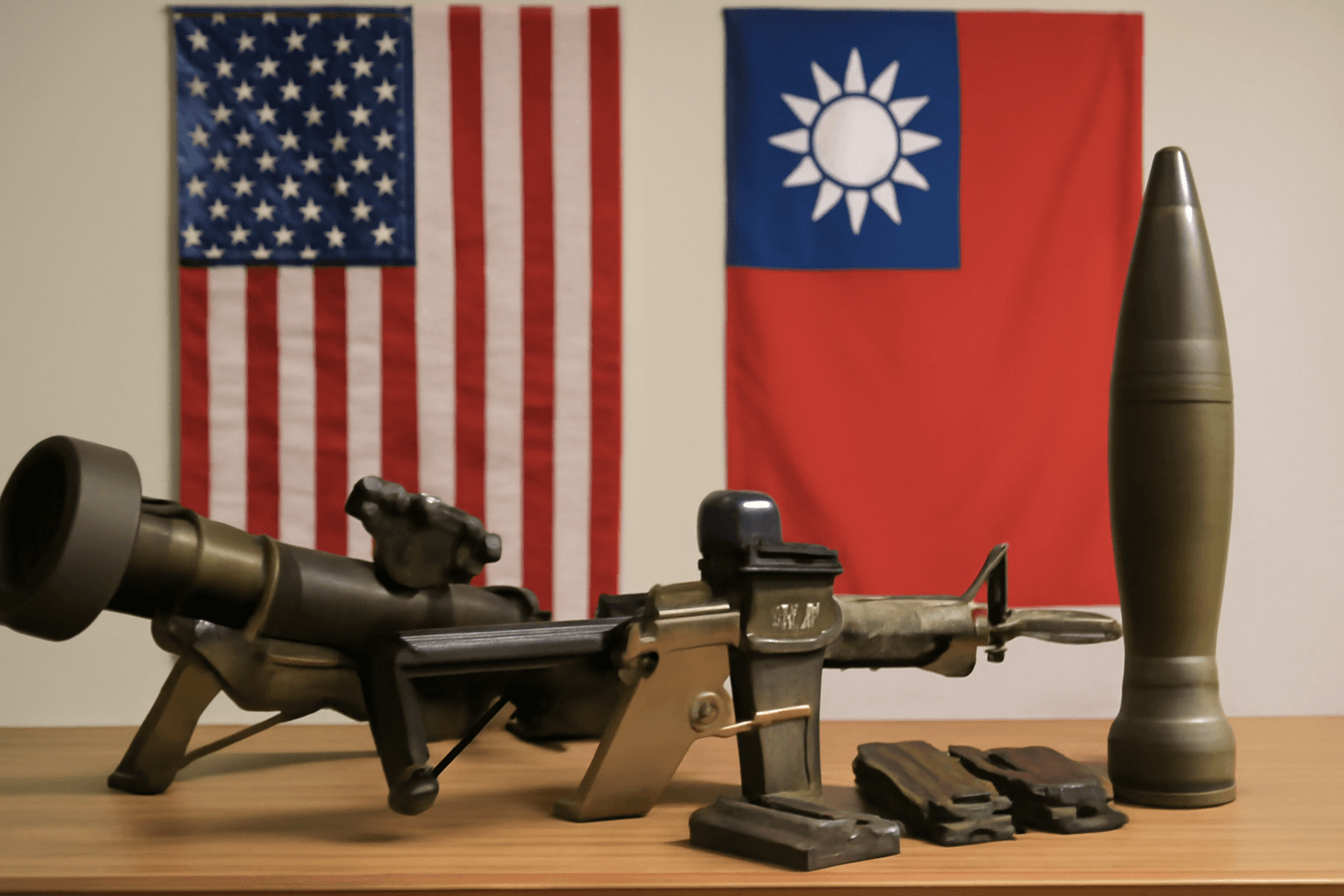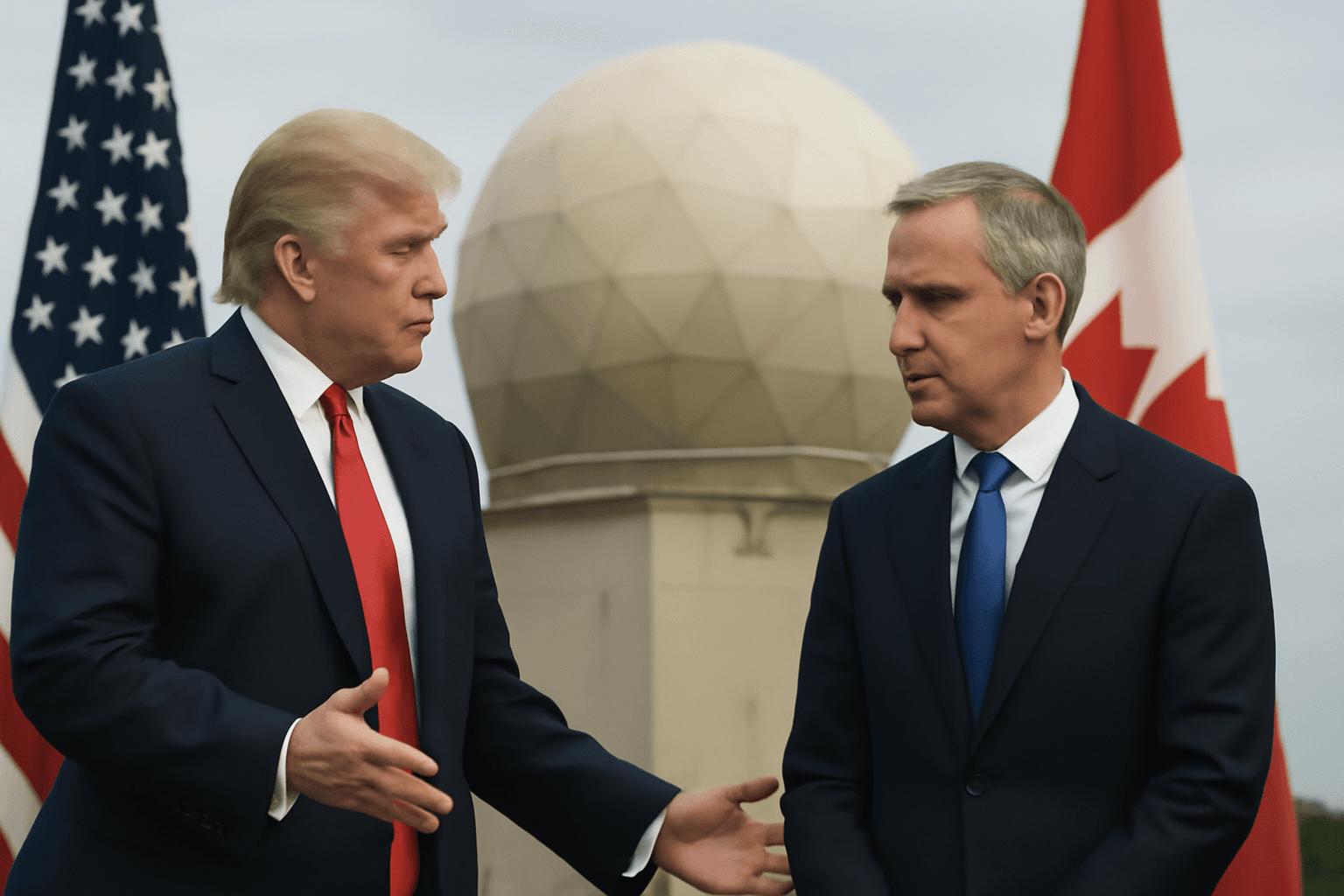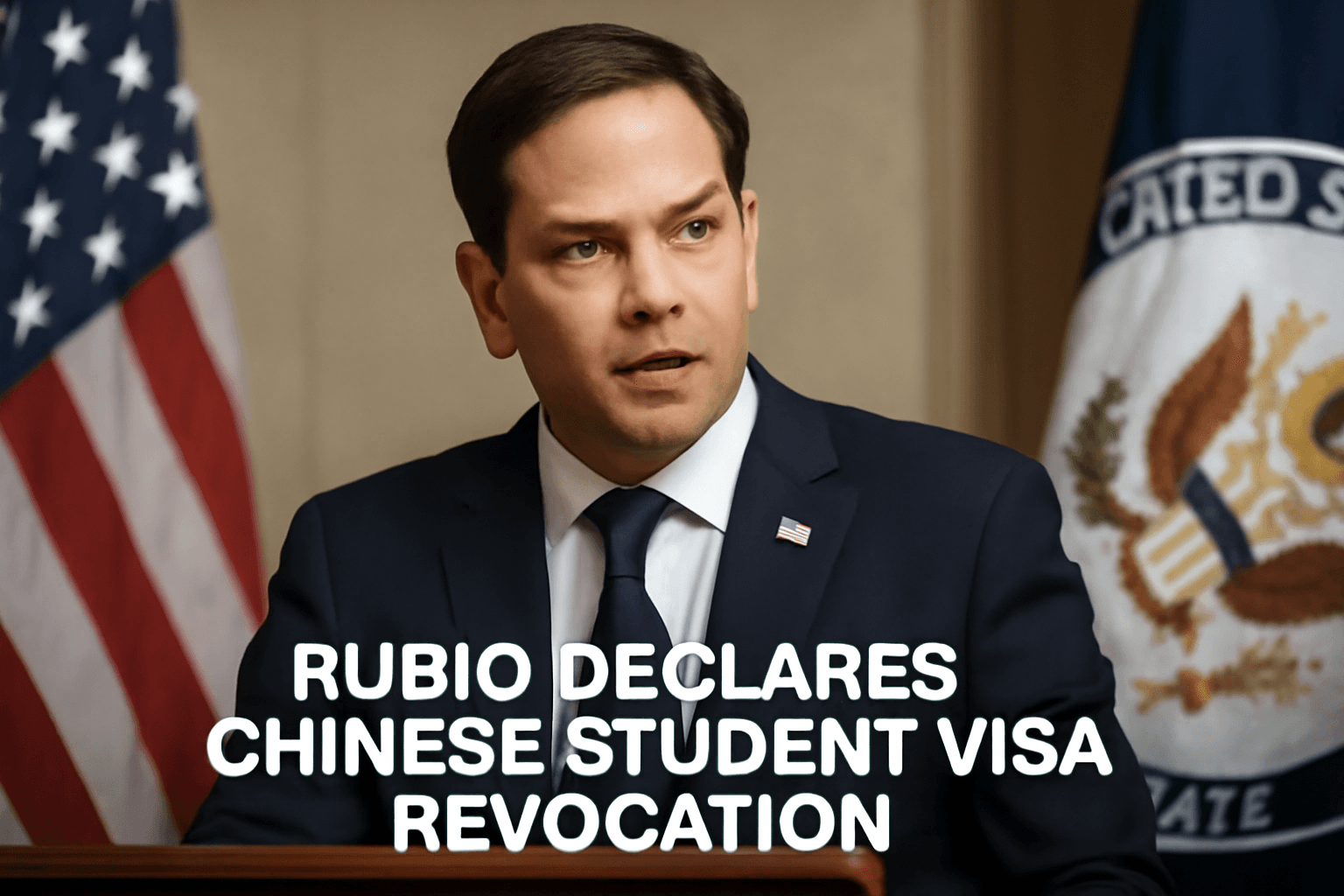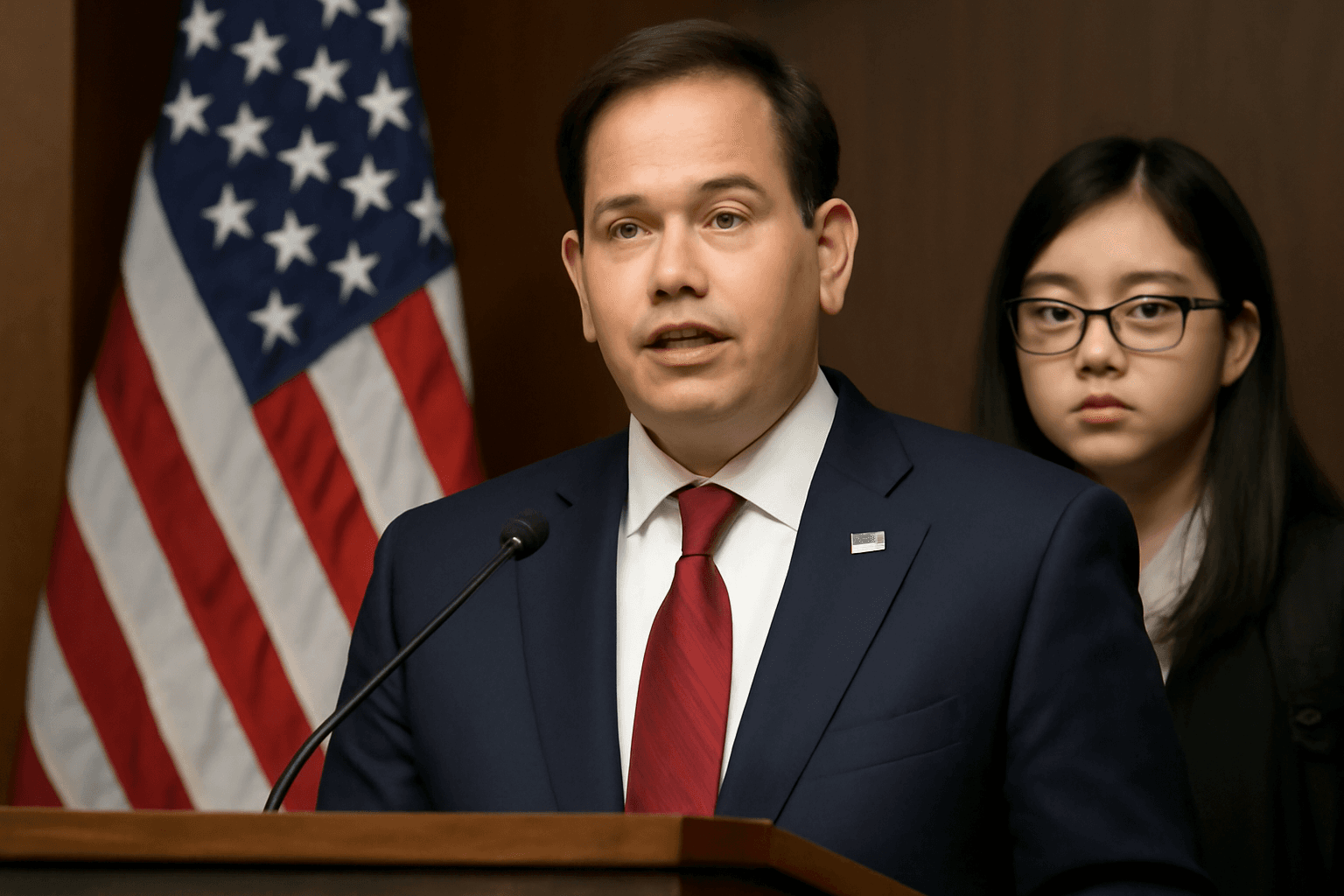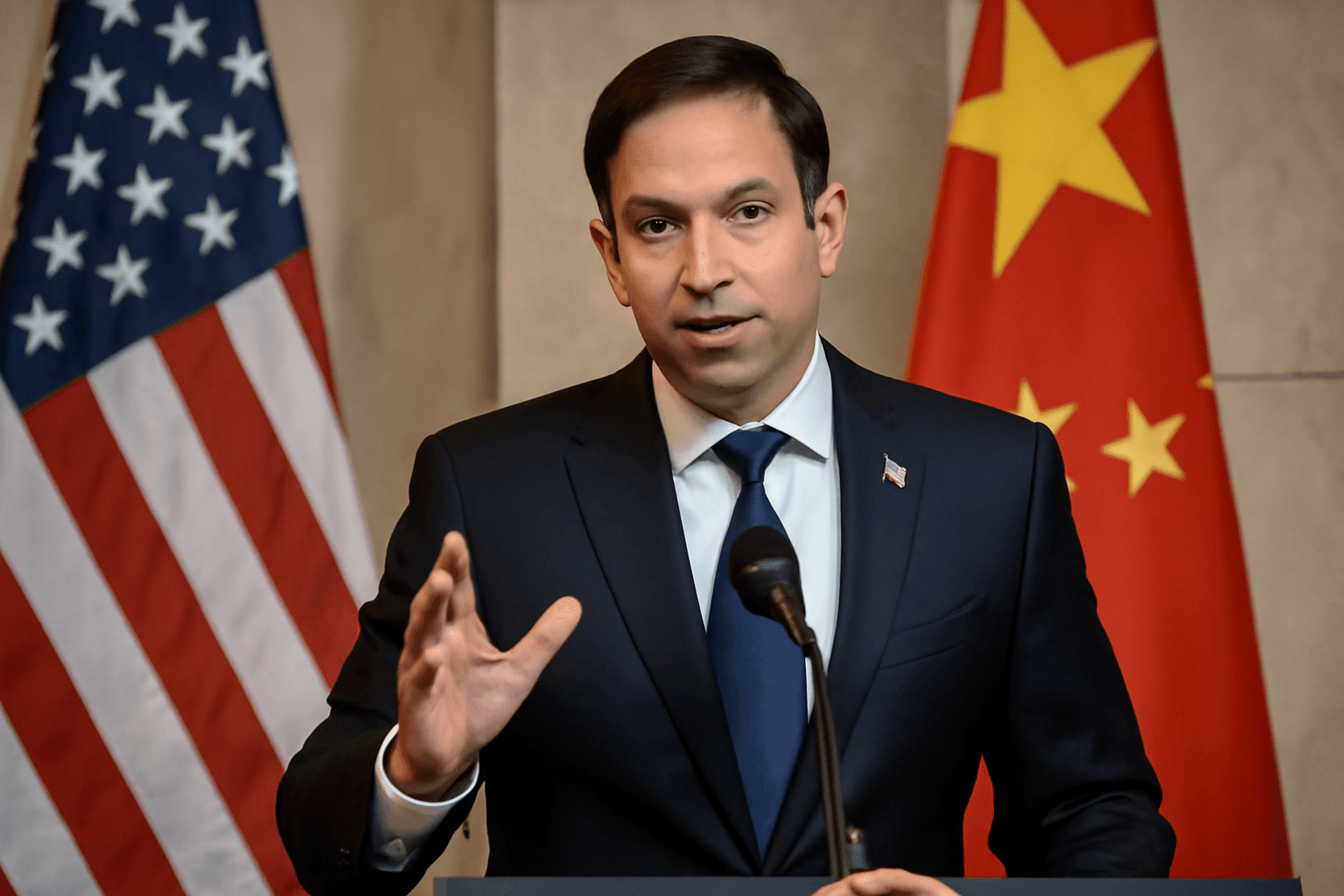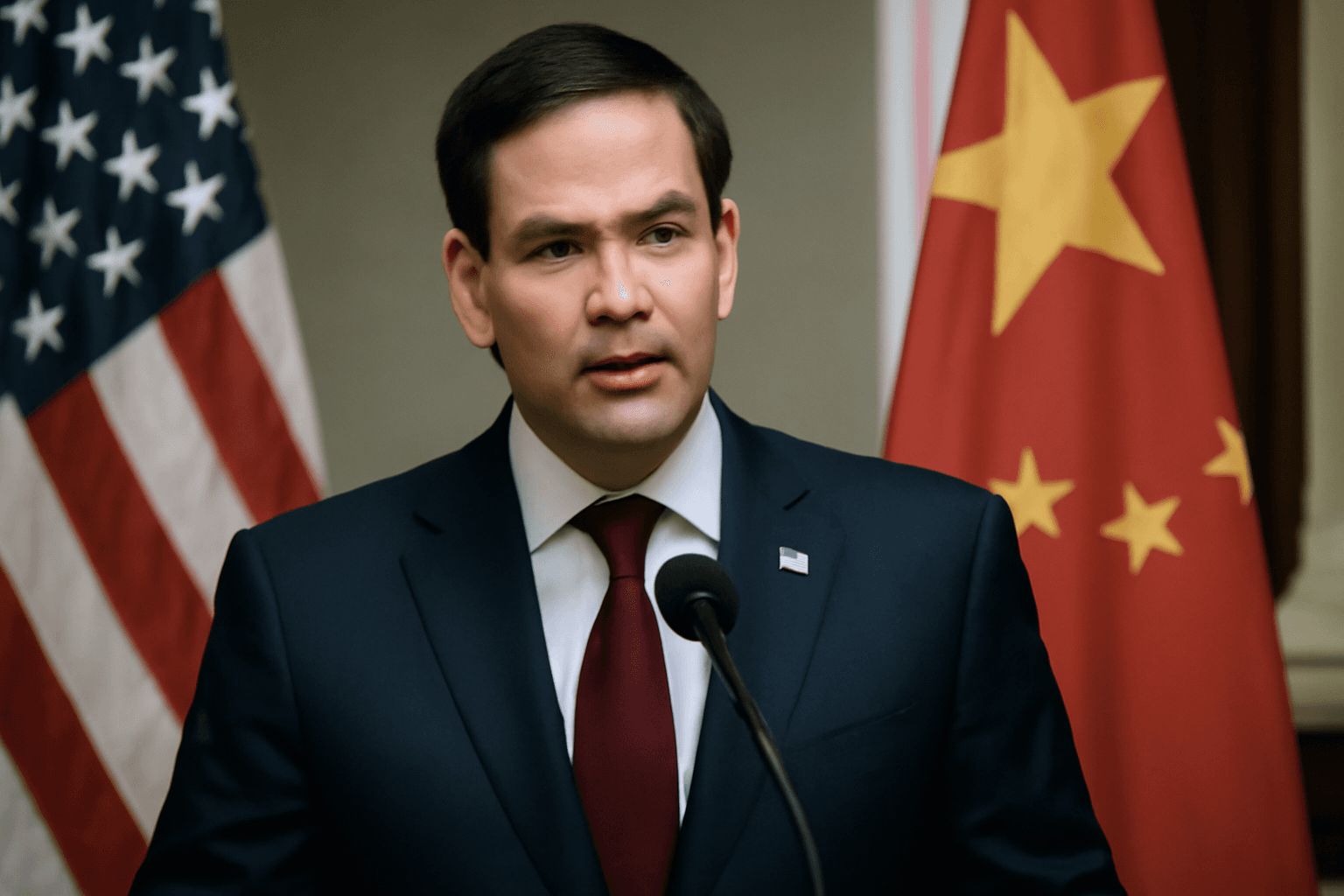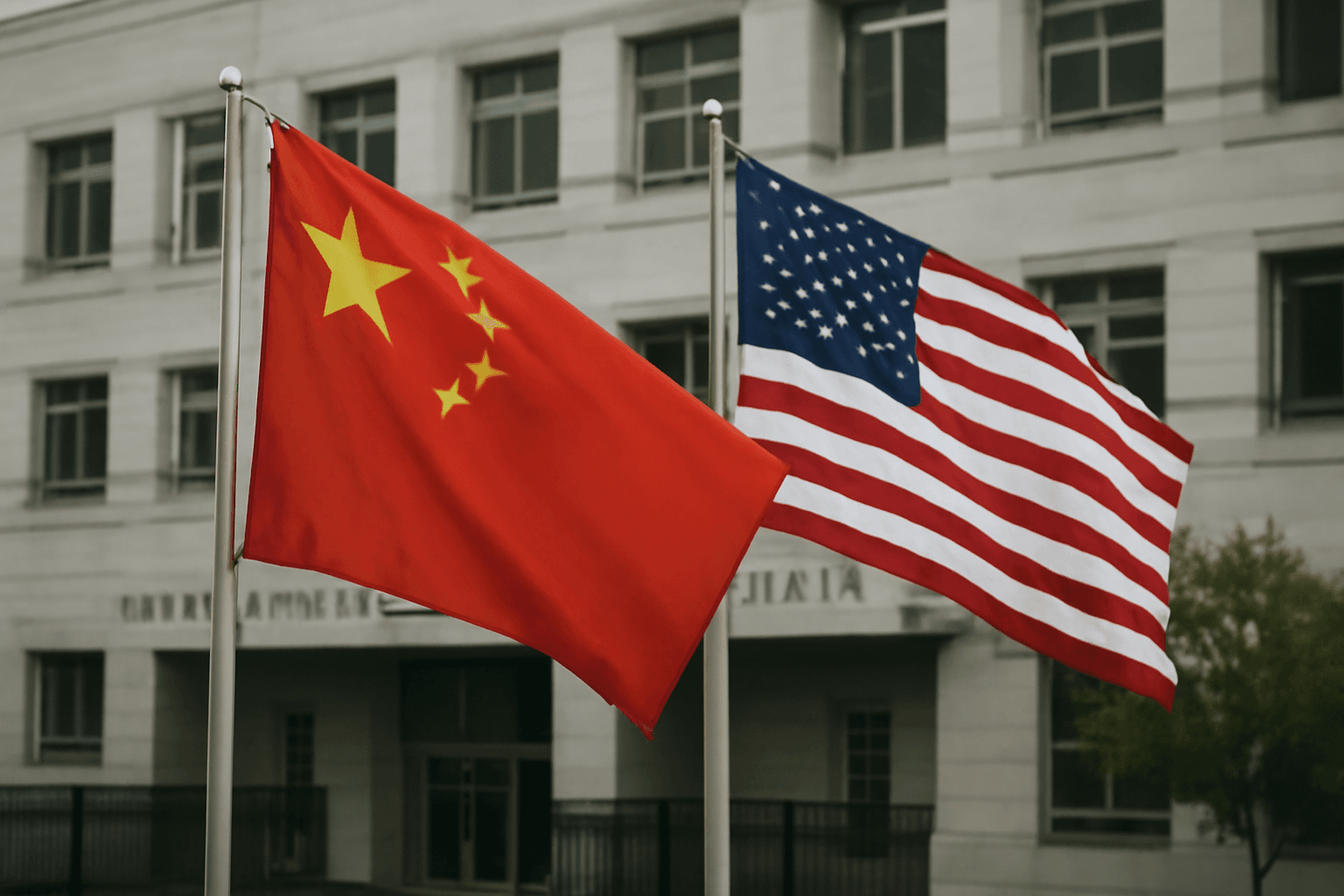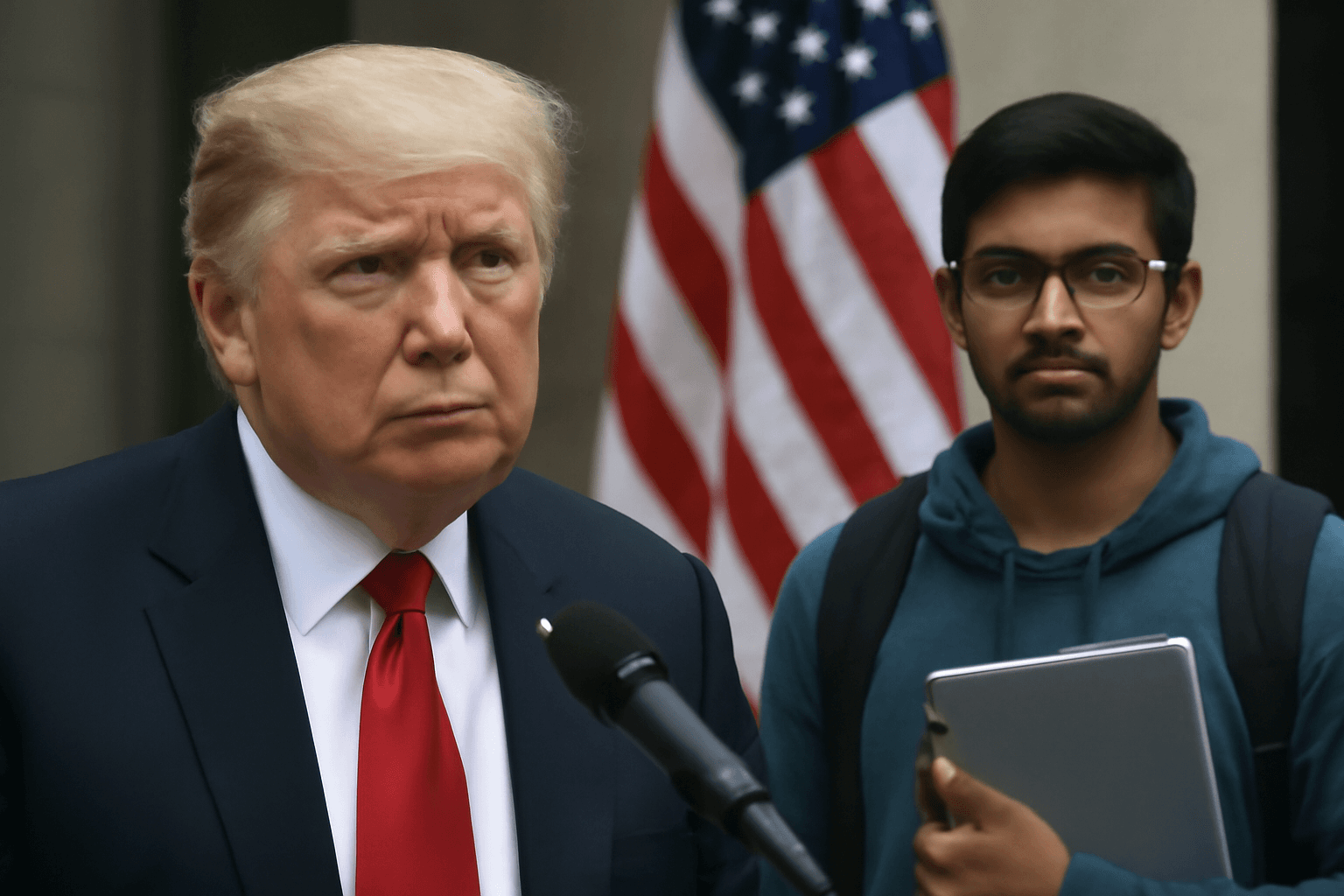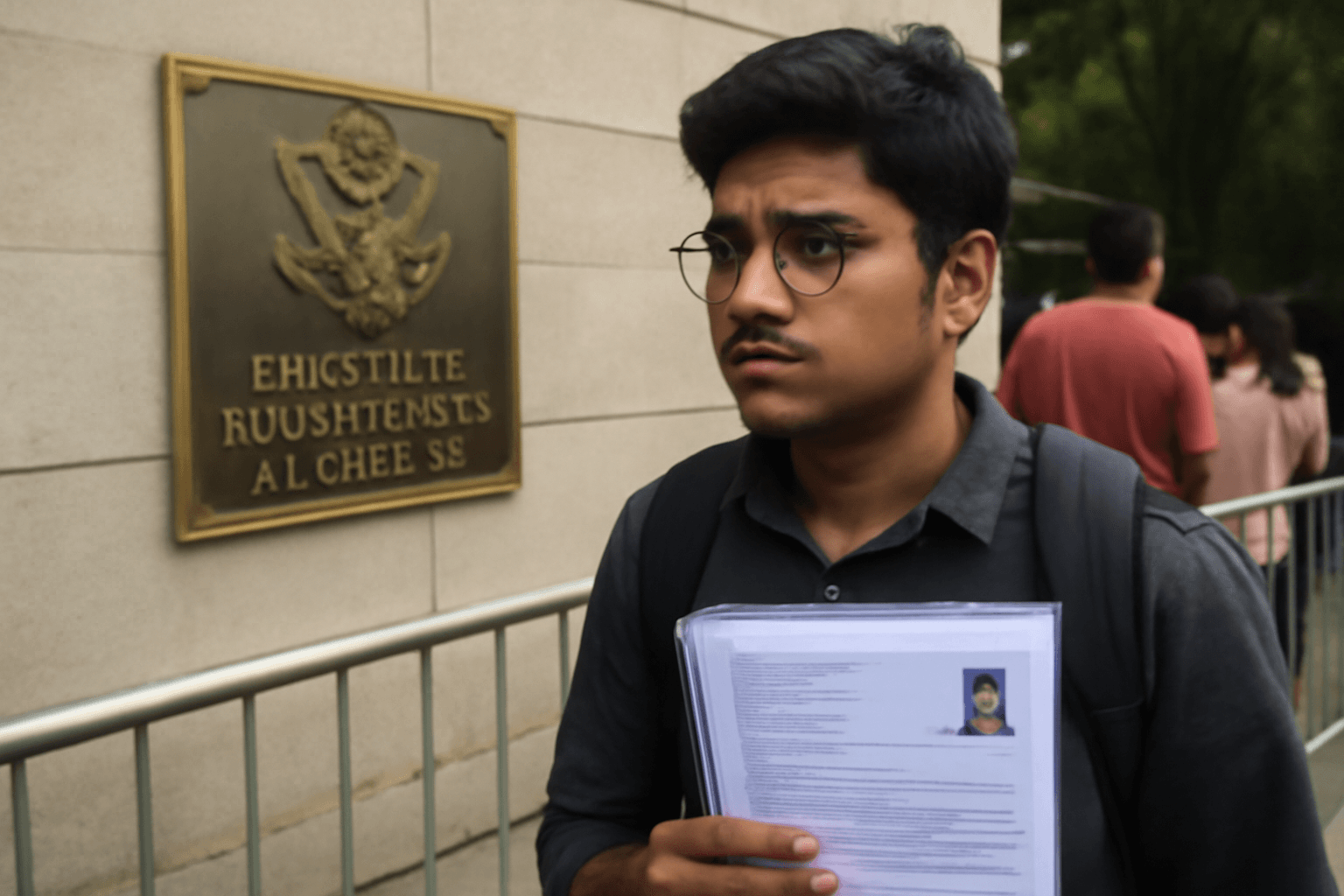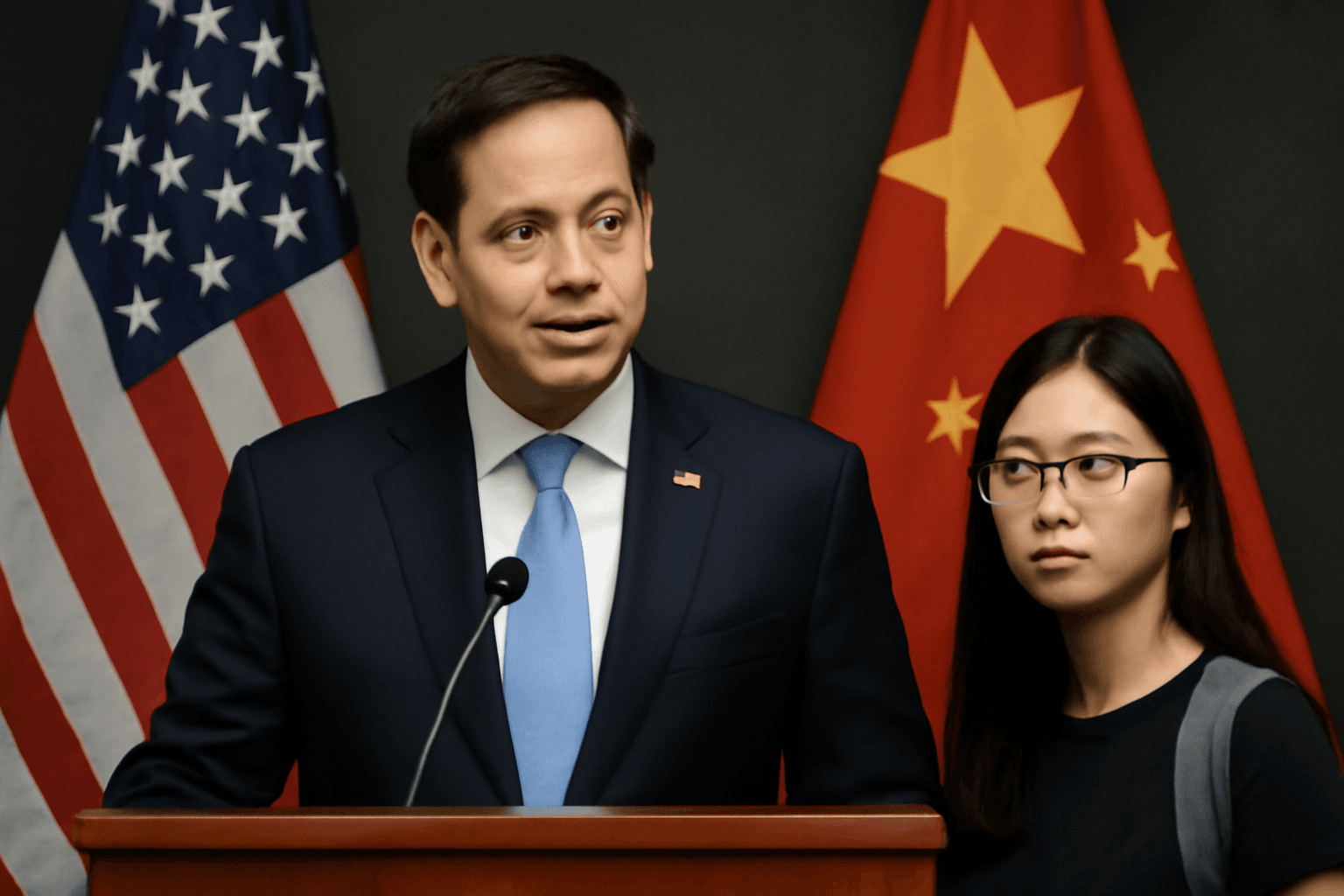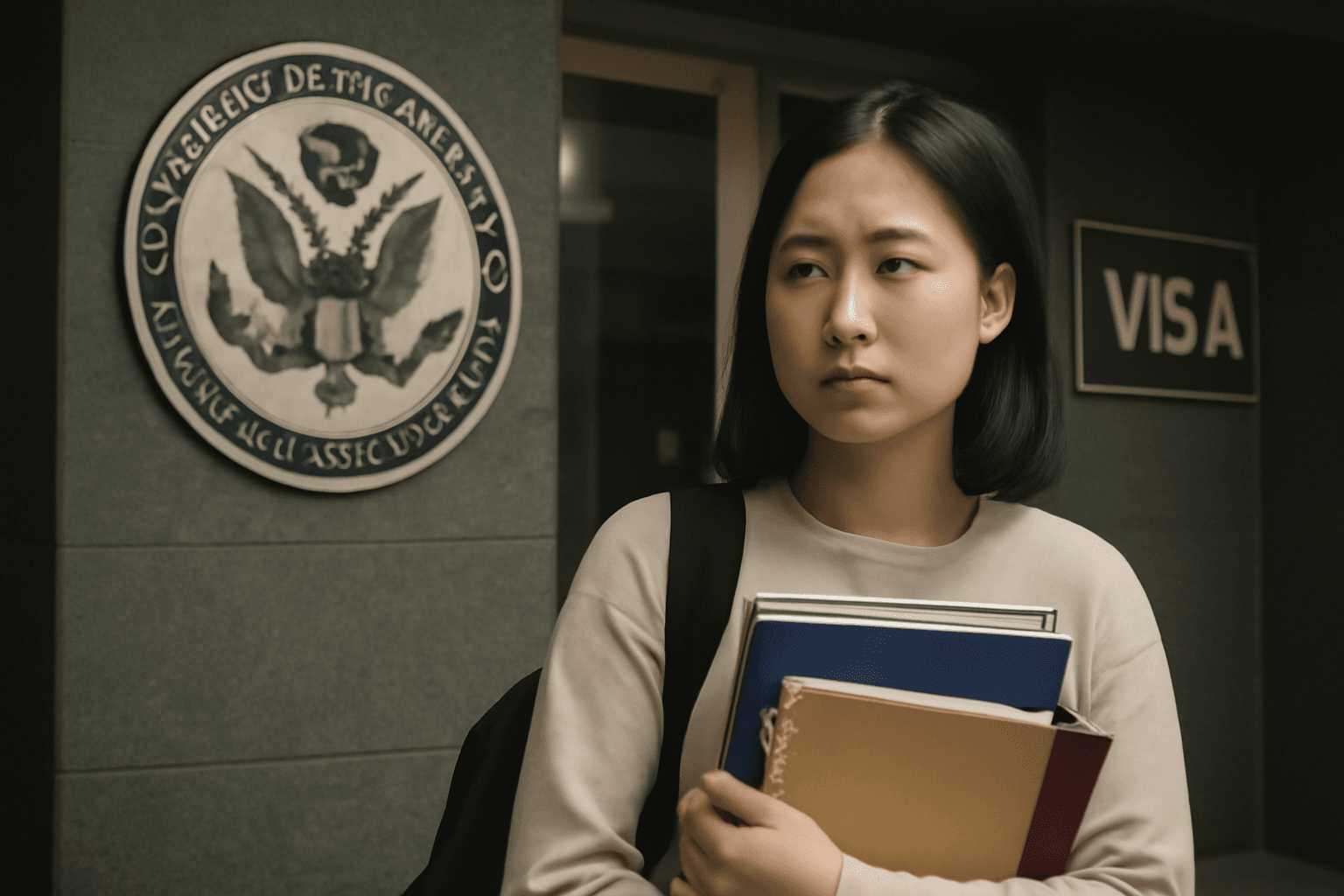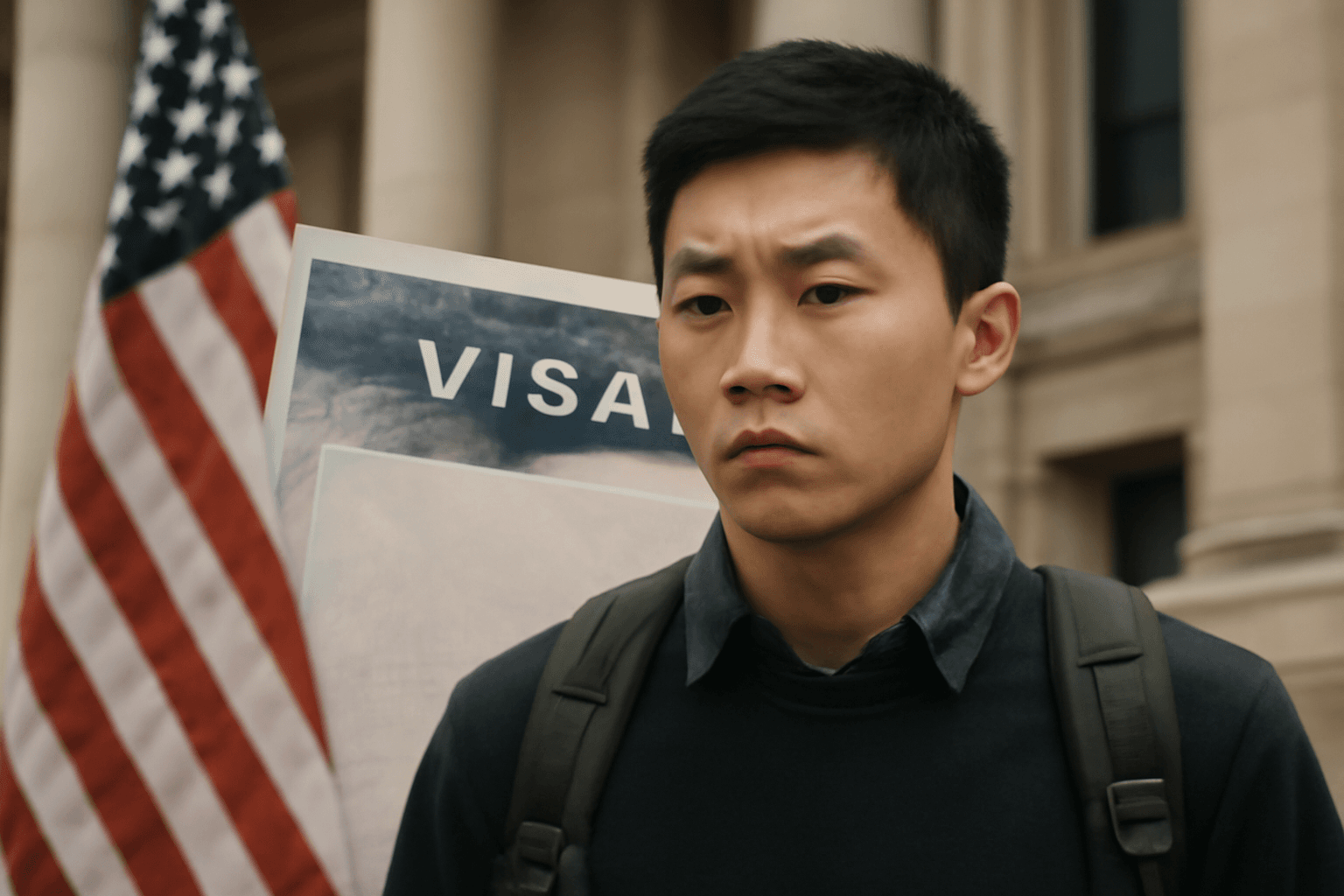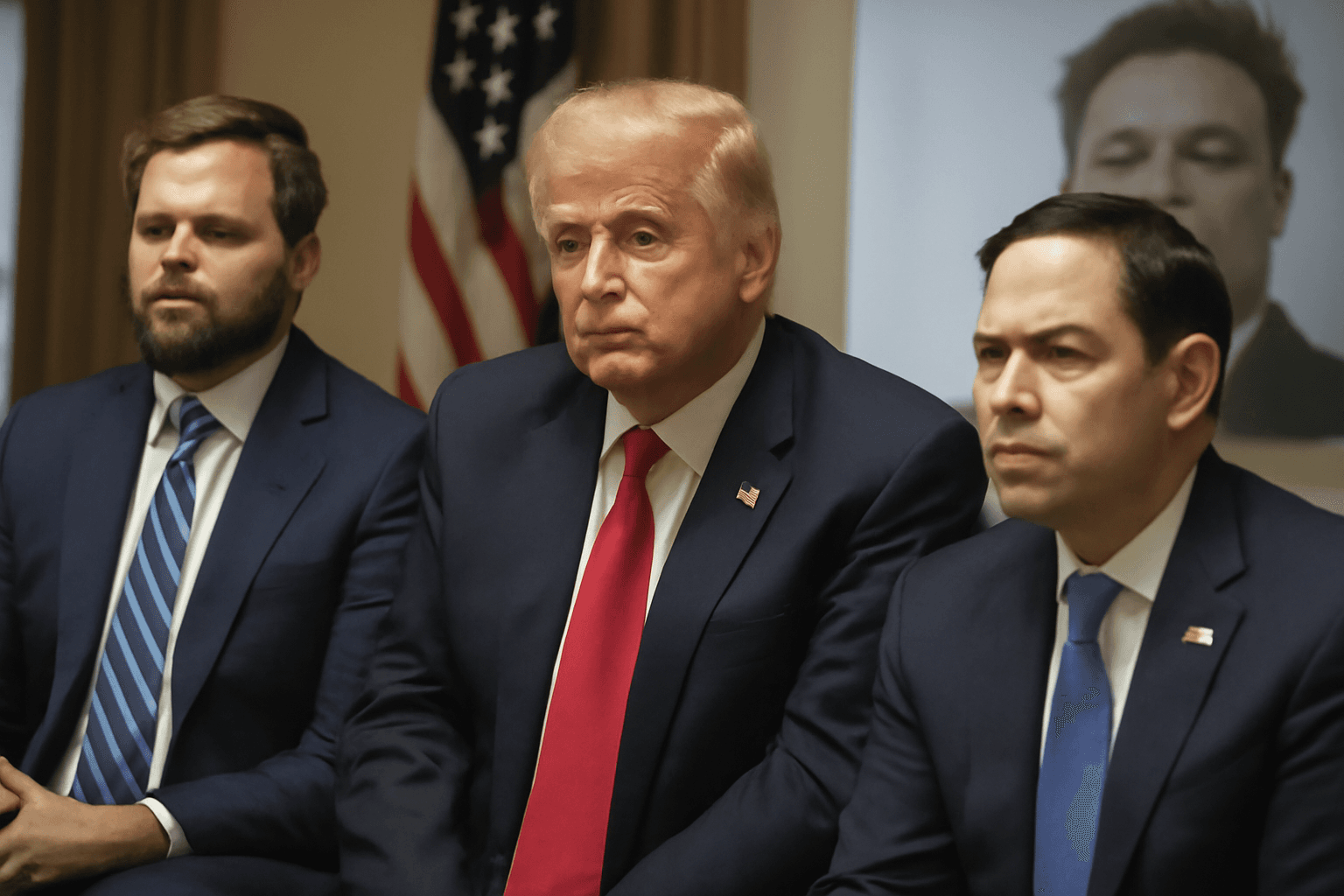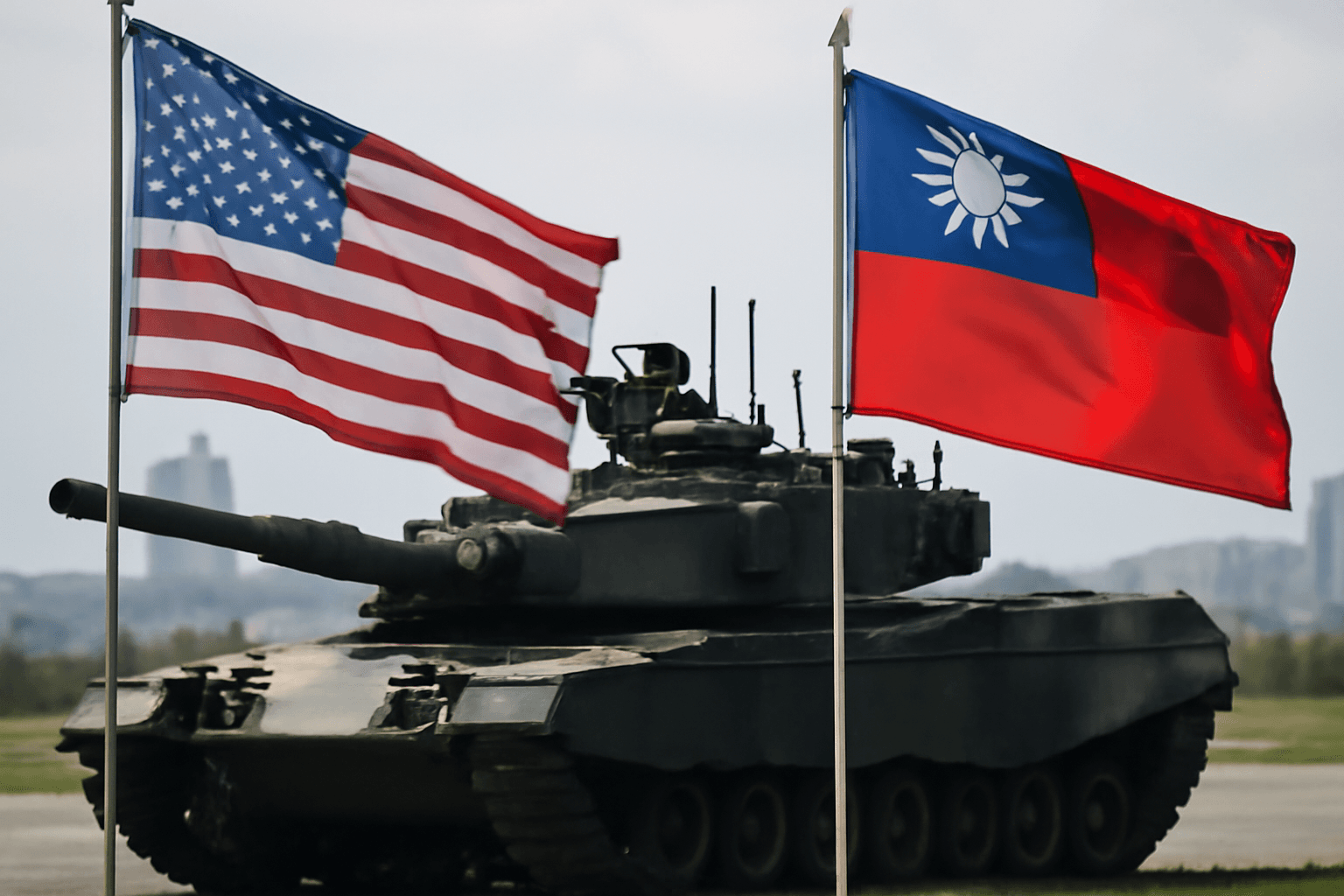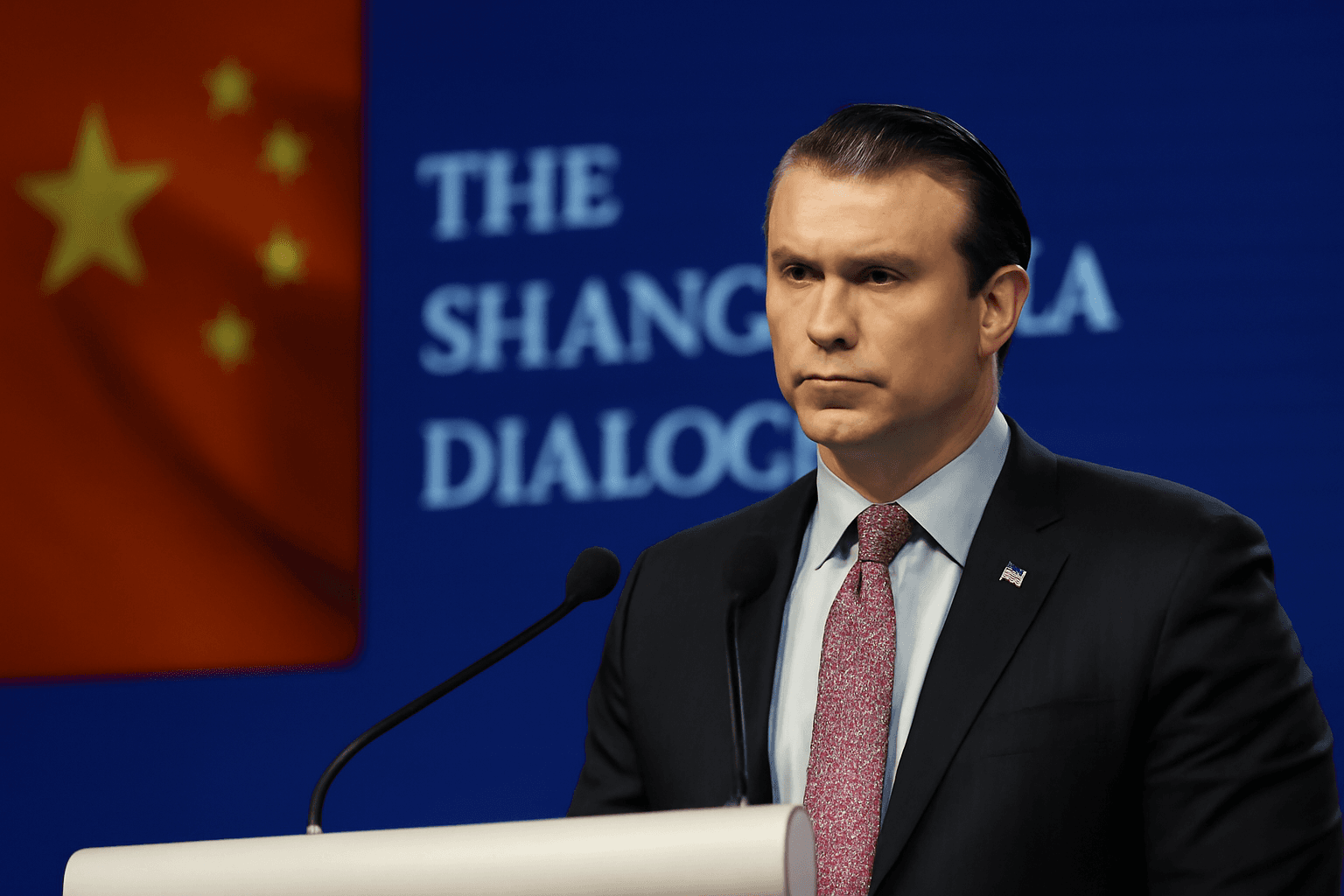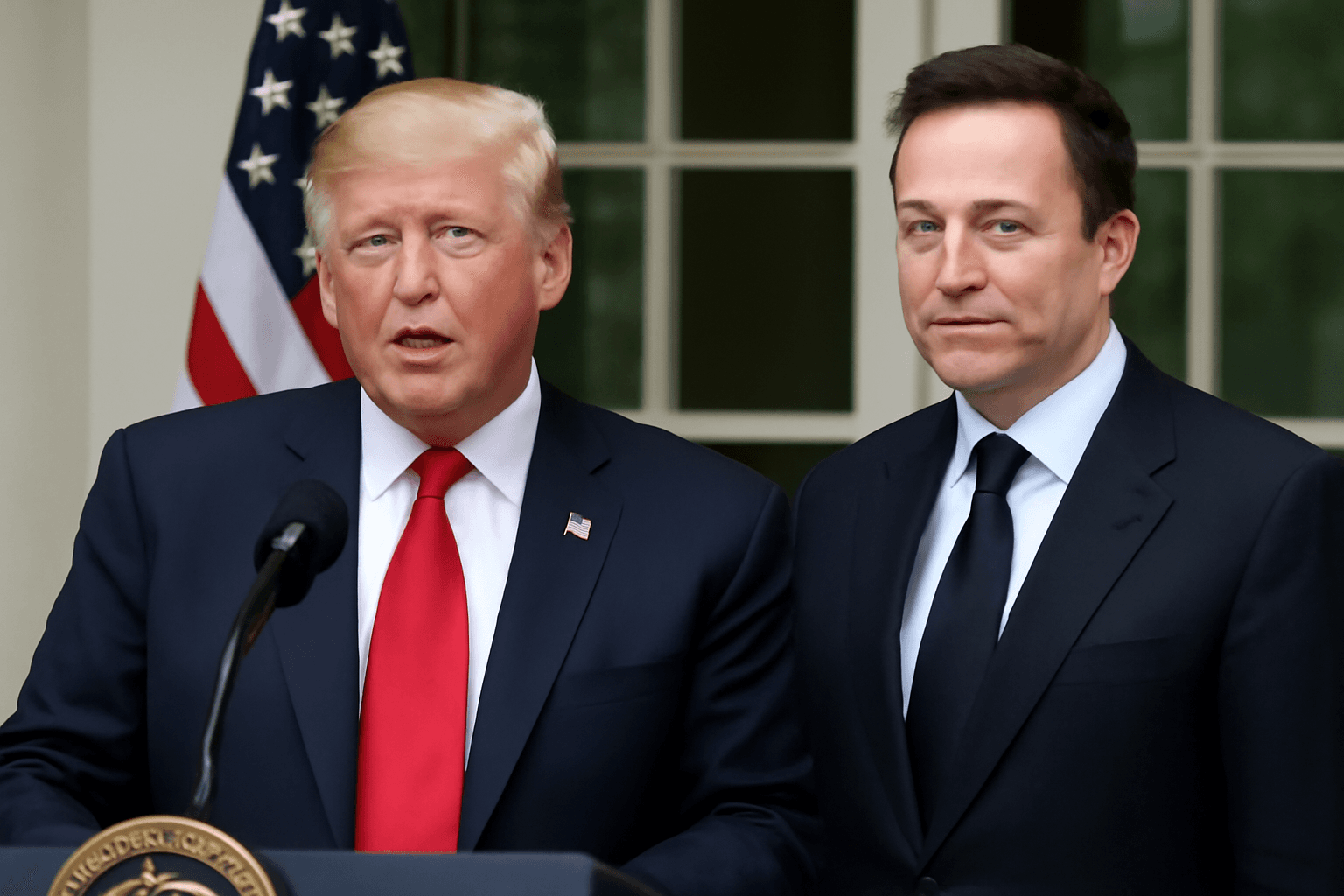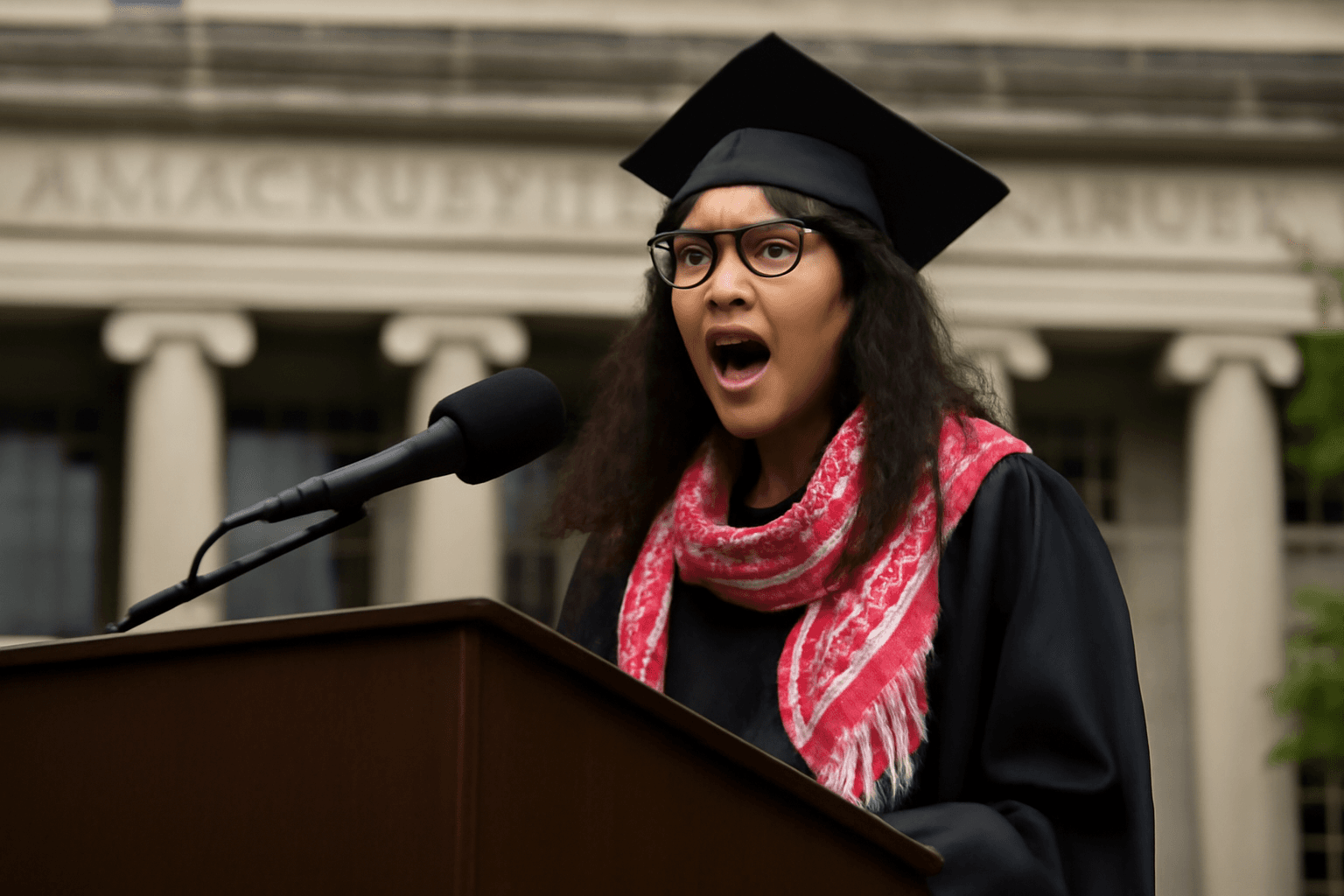The United States intends to accelerate weapons sales to Taiwan to surpass the volume approved during President Donald Trump's first term. This move aims to strengthen deterrence against growing Chinese military pressure on the democratic island, according to two anonymous U.S. officials.
If realized, the increased arms sales could reinforce confidence in the U.S. commitment to Taiwan’s defense and intensify tensions in the already fraught U.S.-China relationship.
One official noted that future arms sale notifications to Taiwan "could easily exceed" those from Trump's initial four-year term. The officials also revealed ongoing U.S. efforts to discourage Taiwan's opposition parties from opposing a proposed increase in defense spending to 3% of the island’s budget.
During Trump's first term, approved weapons sales to Taiwan totaled an estimated $18.3 billion, compared to roughly $8.4 billion during President Joe Biden's tenure, based on Reuters calculations. Despite the absence of formal diplomatic relations, the U.S. remains Taiwan's primary arms supplier and most significant international supporter.
Concerns have persisted in Taiwan regarding Trump’s dedication to the island’s security, partly due to his campaign remarks suggesting Taiwan should finance its own defense and accusing it of economic competition with the U.S.
China asserts sovereignty over Taiwan and has pledged to unify the territory, by force if necessary. Taiwan rejects this claim, asserting that only its people should determine their future.
U.S. officials confirmed that both the current administration and Trump prioritize "enhancing hard deterrence" in support of Taiwan’s defense, collaborating closely with Taipei on imminent arms procurement plans contingent on Taiwan securing domestic funding.
Taiwan’s Presidential Office emphasized the government’s resolve to bolster self-defense capabilities and highlighted efforts to increase defense spending as part of enhanced military deterrence and deepened security cooperation with the United States.
Meanwhile, in Taiwan’s legislature, opposition parties—including the Kuomintang (KMT) and Taiwan People's Party (TPP)—have introduced budget cuts that may impede defense spending increases. This has sparked concern in Washington, prompting U.S. officials and lawmakers to urge bipartisan support for the island’s defense budget.
A U.S. official stressed to Reuters the importance of nonpartisan backing, stating, "This isn’t a Taiwanese partisan question. This is a Taiwanese survival question." Sources with direct knowledge confirmed that U.S. representatives have met with opposition members to advocate against reductions to defense funding, particularly the special budget expected later this year.
KMT International Department Director Alexander Huang affirmed the party's support for increasing defense spending, while maintaining a commitment to responsible legislative oversight and negotiation. The TPP reported ongoing constructive dialogue with U.S. representatives on defense and regional security issues.
According to earlier reports, Taiwan is negotiating a multibillion-dollar arms purchase focused on cost-effective defense assets like missiles, munitions, and drones to strengthen its capability against China’s larger military force.
The military tension stems from China’s intensifying attempts to assert its sovereignty over Taiwan, a critical hub for global semiconductor manufacturing.
Additionally, one U.S. official indicated that the Trump administration would not oppose a possible transit through U.S. territory by Taiwan’s President Lai Ching-te this year, despite Beijing’s objections to such visits. However, the Taiwanese Presidential Office stated there are currently no plans for such a transit.

